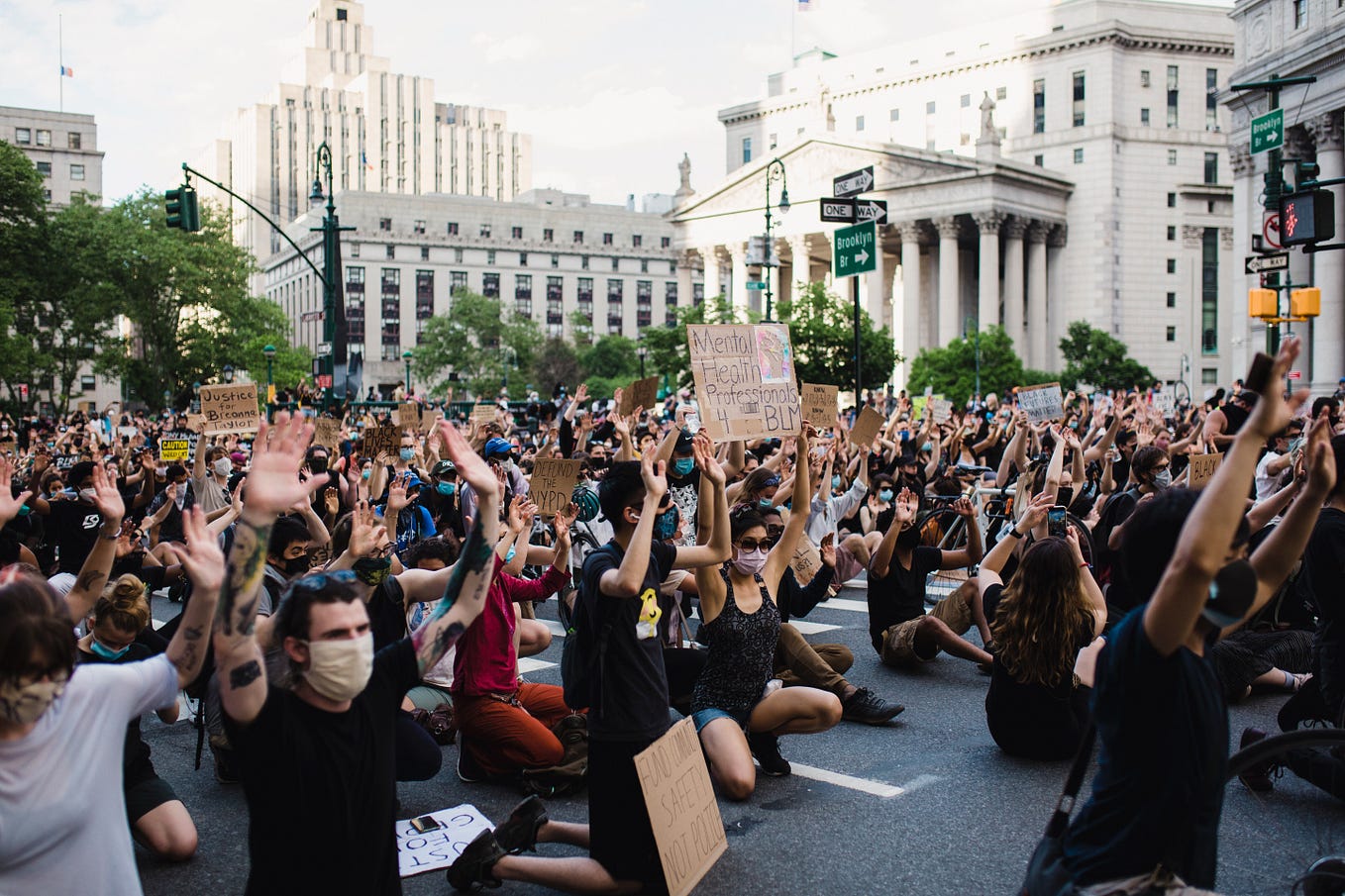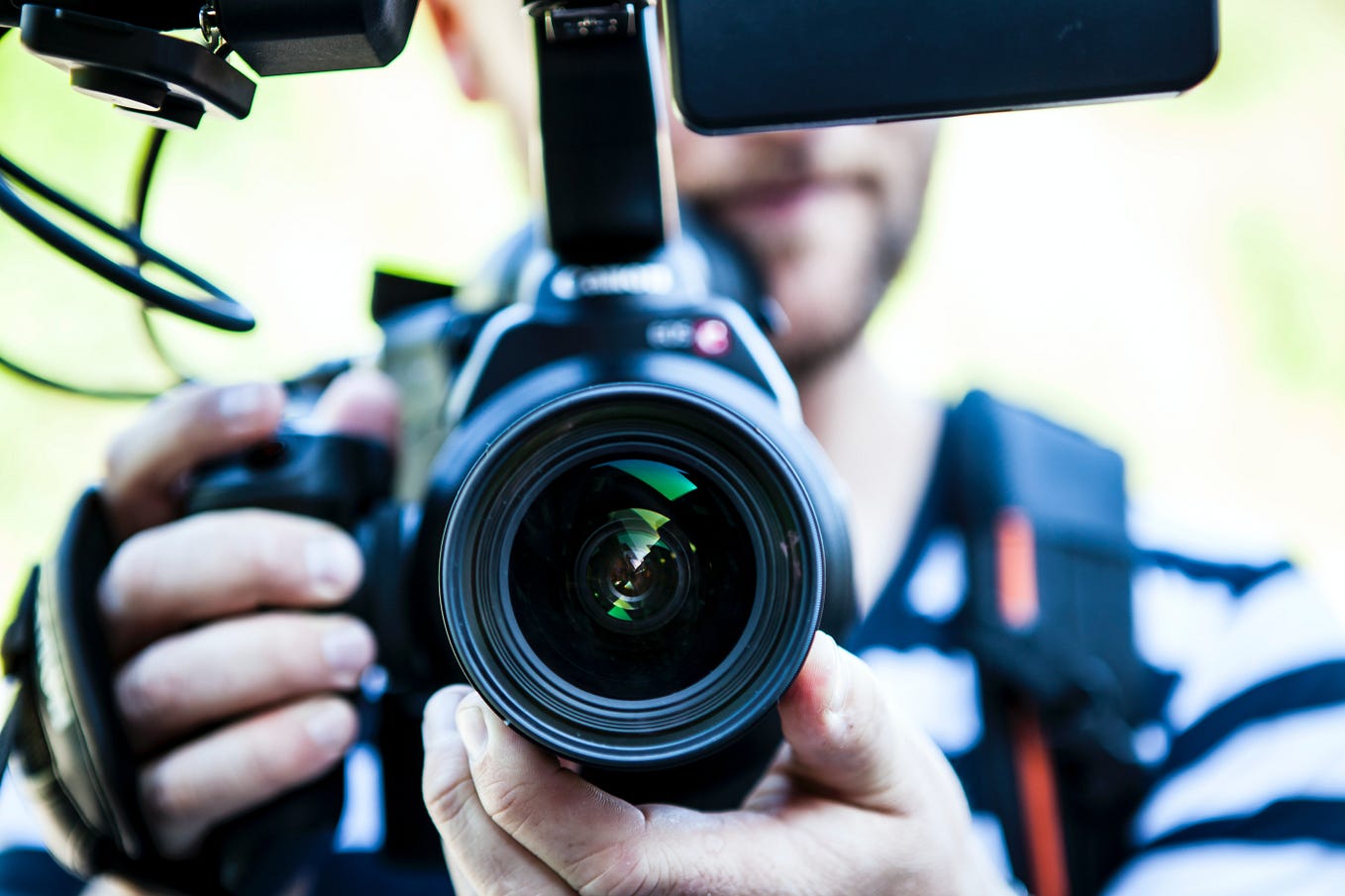2020: The War on Fake News
Though fake news is not a new problem facing 2020, it has most definitely been on the rise. With a global pandemic, an election and Brexit all in one year, there has been plenty opportunity for fake news to be spread.
According to Gelfert (2018) ‘the narrow win of Donald Trump in the U.S. presidential election of 2016 — have led to a wave of interest in the phenomenon of “fake news”, which is widely believed to have played a significant role in shaping the outcome of both political contests.’ But the question is, how has this become such a mainstream issue in such a short period of time and do we need stricter laws in place to prevent this?
My Top 3 Fake News Stories of 2020
Before we delve into the law and ethics of the issue, I just wanted to refresh your memory on the jaw-dropping stories that have been brought to our screens this year.
1. ‘President Trump claims injecting people with disinfectant could treat coronavirus’
If you haven’t heard of this one already, then it is probably for the best. Back in April, at the height of uncertainty of the virus, Donald Trump advised people that injecting disinfectant could treat coronavirus. At first this was quite comical, however it ended up taking quite a sinister twist.
As you can see in the chart above, due to Trump’s ‘advice’ this caused a concerning increase in bleach poisoning cases in the US. Unfortunately, there was and still is, a large following behind Trump and this is a prime example of how fake news can be detrimental to people who mistake the facts.
2. ‘5G Causes COVID-19’
It is understandable when discussing coronavirus people become scared and worried, however this was one still leaves me in a state of shock. How did this rumour ever come to be?
I believe it all started with a particular video of a women approaching two telecom workers, ‘enlightening’ them that the 5G they were installing was going to kill everyone when turned on. After this, panic took over social media .
There is yet to be any link between 5G and coronavirus and I doubt there ever will be, but it is worth researching this yourself before spreading it further.
3. Covid-19 Vaccine Side Effects
This is something which I can imagine will be ongoing into 2021, the made-up side effects of the new COVID-19 vaccine.
Again, when it comes to coronavirus, we are fully entitled to have our fears and doubts. However, when learning about the subject, it is important that we only take facts from professionals and verified news sources. Currently, only 53% of the population is willing to take to have the vaccine, according to a study from King’s College London and Ipsos MORI. This could be for a number of reasons but it is critical that fake news isn’t one of them.
Fortunately, Facebook has announced that it will begin to remove false claims about the vaccine on its platform to prevent ‘imminent physical harm’. So, hopefully this issue might be kept under control for the time being.
The Laws Behind ‘Fake News’ in the UK
As it stands, there are laws against news if it is defamatory, an invasion of privacy, or contains violence, hatred or terrorism. In terms of fake news, there is still no legislation in place. However, a press release from the Cabinet Office, Department for Digital, Culture, Media & Sport, The Rt Hon Oliver Dowden CBE MP, and The Rt Hon Penny Mordaunt MP earlier this year claims that ‘Up to 70 incidents a week, often false narratives containing multiple misleading claims, are being identified and resolved.’
The government also launched a campaign earlier this year called ‘Don’t Feed the Beast’. The campaign provides a ‘SHARE’ check list, advising people on how to identify fake news and avoid sharing potential harmful content.
Laws Around the World
Due to the coronavirus pandemic, more countries around the world have implemented laws to stop the spread of false information.
In total, there has been 16 countries to pass new laws on fake news to protect individuals physically and mentally. This is very impressive and a great step in the direction of tackling fake news. But, there are many people who insist that putting laws on fake news interrupts the ethics of freedom of speech. Marko Milanovic, a professor of public international law at the University of Nottingham School of Law states that ‘everyone agrees misinformation is a problem, but these laws have marginal if any benefit.’ She then goes on to say that ‘the remedy for bad speech is good speech’.
I understand this view to an extent, but if we could really tackle fake news without any laws in place, would it still be a growing issue?
Follow my Twitter and Facebook Page to let me know what you think.









